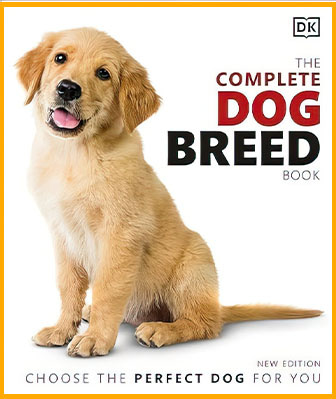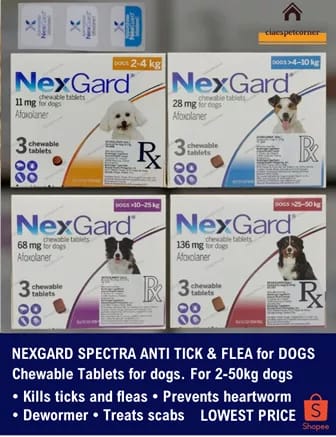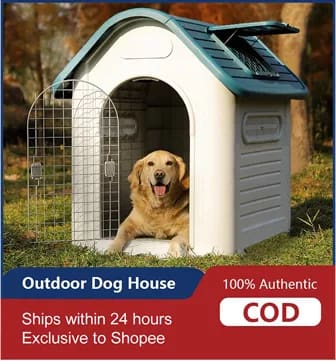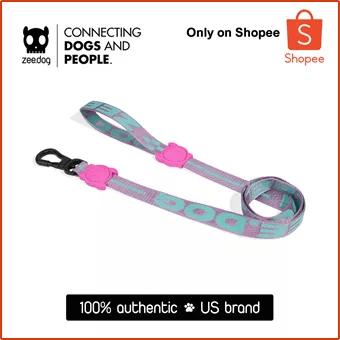
10 Human Foods That Are Toxic to Dogs. A Friendly Guide
Contents
- 1 Understanding Dogs’ Dietary Needs
- 2 Top 10 Human Foods Dogs Can Eat
- 3 Health Benefits of Human Foods for Dogs
- 4 Human Foods Dogs Can Eat for Breakfast
- 5 List of Human Food Puppies Can Eat
- 6 Common Misconceptions About Feeding Dogs Human Food
- 7 Conclusion
- 8 Frequently Asked Questions
- 8.1 What are some human foods that are safe for dogs to eat?
- 8.2 What are some fruits that dogs can safely eat?
- 8.3 What are some human foods that dogs should avoid?
- 8.4 What are some alternatives to dog food that I can feed my dog?
- 8.5 Can dogs eat scrambled eggs?
- 8.6 What human foods are toxic to dogs?
Many dog owners love to share their food with their furry friends. However, not all human food is safe for dogs to eat. In fact, some can be toxic and cause serious health problems.
That’s why it’s important to know which human foods are safe and healthy for dogs to consume.
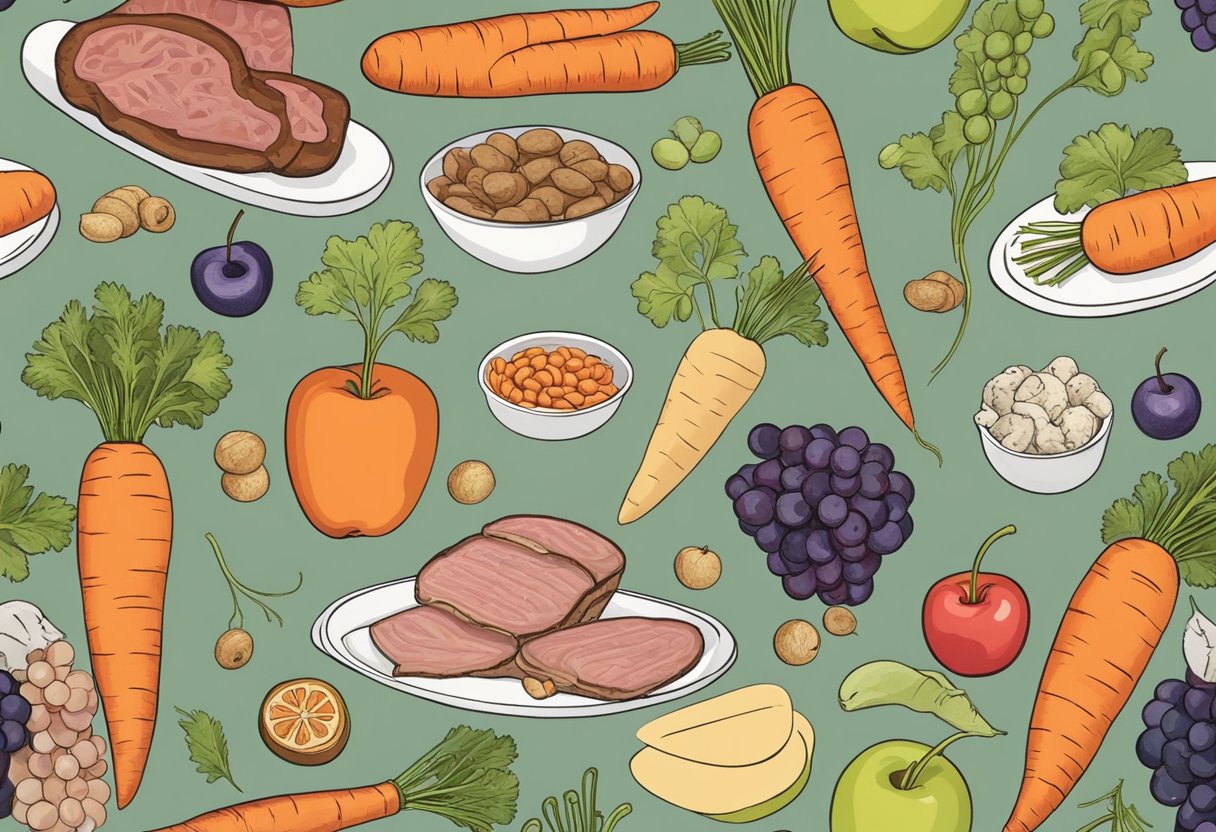
Dogs have different dietary needs than humans. They require a balanced diet that includes protein, fats, and carbohydrates. Their diet should also contain essential vitamins and minerals, such as vitamin A, vitamin D, calcium, and phosphorus.
While dog food is designed to meet their nutritional needs, some human foods can also be added to their diet as a supplement.
Key Takeaways
- Dogs have different dietary needs than humans.
- A balanced diet for dogs should include protein, fats, and carbohydrates, as well as essential vitamins and minerals.
- Some human foods can be added to a dog’s diet as a supplement.
Understanding Dogs’ Dietary Needs
Dogs are omnivores, which means they can eat both meat and plant-based foods.
However, their digestive system is different from humans, and they require a specific balance of nutrients to maintain optimal health.
Protein is a crucial component of a dog’s diet, as it helps to build and repair muscles and tissues. High-quality protein sources include lean meats like chicken, turkey, and beef, as well as fish and eggs.
It is important to note that dogs should not be fed raw meat, as it can contain harmful bacteria that can cause illness.
Carbohydrates are another important part of a dog’s diet, as they provide energy and help to regulate blood sugar levels. Good sources of carbohydrates for dogs include brown rice, sweet potatoes, and whole-grain bread.
Fats are also essential for a dog’s health, as they help to maintain healthy skin and coat, as well as support brain and nerve function. Healthy sources of fat include fish oil, flaxseed oil, and chicken fat.
In addition to these macronutrients, dogs also require certain vitamins and minerals to maintain optimal health. Some of the most important vitamins for dogs include vitamin A, B vitamins, vitamin C, and vitamin E. Important minerals include calcium, phosphorus, and zinc.
When feeding your dog human food, it is important to ensure that it is safe and nutritionally balanced. Some human foods that are safe for dogs to eat in moderation include cooked lean meats, fresh fruits and vegetables, and cooked grains like rice and pasta. However, it is important to avoid feeding your dog foods that are high in fat, sugar, or salt, as these can be toxic to dogs and harmful to their health.
Overall, understanding your dog’s dietary needs is essential for ensuring their long-term health and well-being. By providing your dog with a balanced diet that meets their nutritional needs, you can help them live a happy and healthy life.
Top 10 Human Foods Dogs Can Eat
Dogs love to eat human food, but not all human foods are safe for them. Some foods can be toxic and cause severe health problems. It is essential to know which human foods are safe for dogs to eat and which are not. Here are the top 10 human foods dogs can eat:
- Lean Meats: Lean meats such as chicken, turkey, and white fish are an excellent source of protein for dogs. They are low in fat and easy to digest. However, it is important to remove all bones, fat, and skin before feeding them to your dog.
- Carrots: Carrots are a great source of vitamins, minerals, and fiber. They are low in calories and can be given to dogs raw or cooked. Carrots can also help to clean your dog’s teeth and freshen their breath.
- Apples: Apples are a good source of vitamins A and C and dietary fiber. They are low in fat and calories and can be given to dogs in moderation. However, it is important to remove the seeds and core before feeding them to your dog.
- Peanut Butter: Peanut butter is a great source of protein and healthy fats for dogs. It is also a good source of vitamins B and E. However, it is important to choose a peanut butter that does not contain xylitol, a sweetener that can be toxic to dogs.
- Green Beans: Green beans are a good source of vitamins and minerals for dogs. They are low in calories and high in fiber, making them an excellent choice for dogs that need to lose weight.
- Sweet Potatoes: Sweet potatoes are a good source of vitamins A and C and dietary fiber. They are low in fat and calories and can be given to dogs cooked or mashed. However, it is important to avoid giving your dog sweet potato pie or casserole, as these can contain ingredients that are harmful to dogs.
- Cheese: Cheese is a good source of protein and calcium for dogs. However, it is important to give cheese to your dog in moderation, as it can be high in fat and calories.
- Eggs: Eggs are an excellent source of protein for dogs. They are also a good source of vitamins A and B12. However, it is important to cook eggs thoroughly before feeding them to your dog, as raw eggs can contain salmonella.
- Salmon: Salmon is a good source of omega-3 fatty acids, which can help to improve your dog’s skin and coat. It is also a good source of protein. However, it is important to remove all bones before feeding salmon to your dog.
- Oatmeal: Oatmeal is a good source of fiber for dogs. It can also help to regulate your dog’s digestive system. However, it is important to avoid giving your dog flavored oatmeal, as these can contain ingredients that are harmful to dogs.
In conclusion, dogs can eat a variety of human foods, but it is important to know which foods are safe and which are not. The top 10 human foods dogs can eat include lean meats, carrots, apples, peanut butter, green beans, sweet potatoes, cheese, eggs, salmon, and oatmeal.
Always remember to give human food to your dog in moderation and consult with your veterinarian if you have any concerns about your dog’s diet.
Health Benefits of Human Foods for Dogs
Feeding your dog human food in moderation can provide them with a range of health benefits. Here are some examples of human foods that are good for dogs:
Lean Meats
Lean meats such as chicken, turkey, and white fish are a great source of protein for dogs. They are low in fat and less likely to cause stomach problems. Protein is essential for building and repairing your dog’s muscles, bones, and skin.
Fruits and Vegetables
Many fruits and vegetables are safe for dogs to eat and can provide them with essential vitamins and minerals. For example, carrots are a good source of vitamin A, which is important for maintaining healthy eyesight. Blueberries are rich in antioxidants, which can help prevent cancer and other diseases.
Whole Grains
Whole grains such as brown rice and quinoa are a good source of carbohydrates for dogs. They provide energy and fiber, which can help keep your dog’s digestive system healthy.
Dairy Products
Dairy products such as plain yogurt and cottage cheese can provide your dog with calcium and protein. However, it’s important to make sure that your dog is not lactose intolerant before giving them dairy products.
Eggs
Eggs are a great source of protein and can be given to dogs in moderation. They are also a good source of vitamins and minerals, including vitamin A, iron, and selenium.
It’s important to remember that not all human foods are safe for dogs to eat. Some foods, such as chocolate, grapes, and onions, can be toxic and even deadly for dogs.
Always check with your veterinarian before giving your dog any new type of human food, especially if they have any health issues.
Human Foods Dogs Can Eat for Breakfast
Breakfast is an important meal for dogs, just as it is for humans. It provides them with the energy they need to start their day and keep them going until their next meal. Here are some human foods that are safe and healthy for dogs to consume for breakfast:
Cooked Eggs
Plain-cooked eggs, such as scrambled or hard-boiled, are a good source of protein for dogs. Eggs are also rich in vitamins and minerals, including vitamin D, which is essential for strong bones and teeth. However, it is important to avoid adding any seasoning or spices to the eggs, as they can be harmful to dogs.
Lean Meats
Lean meats such as turkey, chicken, and white fish are ideal for dogs as they are low in fat and less likely to upset their stomachs. They are also high in protein, which is essential for maintaining muscle mass and promoting healthy growth. However, it is important to remove any bones from the meat before feeding it to your dog, as they can be a choking hazard.
Peanut Butter
Peanut butter is a great source of protein and healthy fats for dogs. It is also a good source of vitamin E, which is essential for healthy skin and coat. However, it is important to choose a natural peanut butter that does not contain any added sugar or salt, as these can be harmful to dogs.
Fruits
Some fruits, such as bananas and apples, can be a healthy and tasty addition to your dog’s breakfast. Bananas are a good source of potassium, which is essential for maintaining healthy muscle and nerve function. Apples are rich in vitamins and minerals, including vitamin C, which is essential for a healthy immune system.
However, it is important to remove any seeds or pits from the fruit before feeding it to your dog, as they can be toxic.
In conclusion, there are many human foods that dogs can eat for breakfast. It is important to choose foods that are safe and healthy for your dog and to avoid any foods that may be harmful or toxic. By incorporating these foods into your dog’s diet, you can help ensure that they stay healthy and happy.
List of Human Food Puppies Can Eat
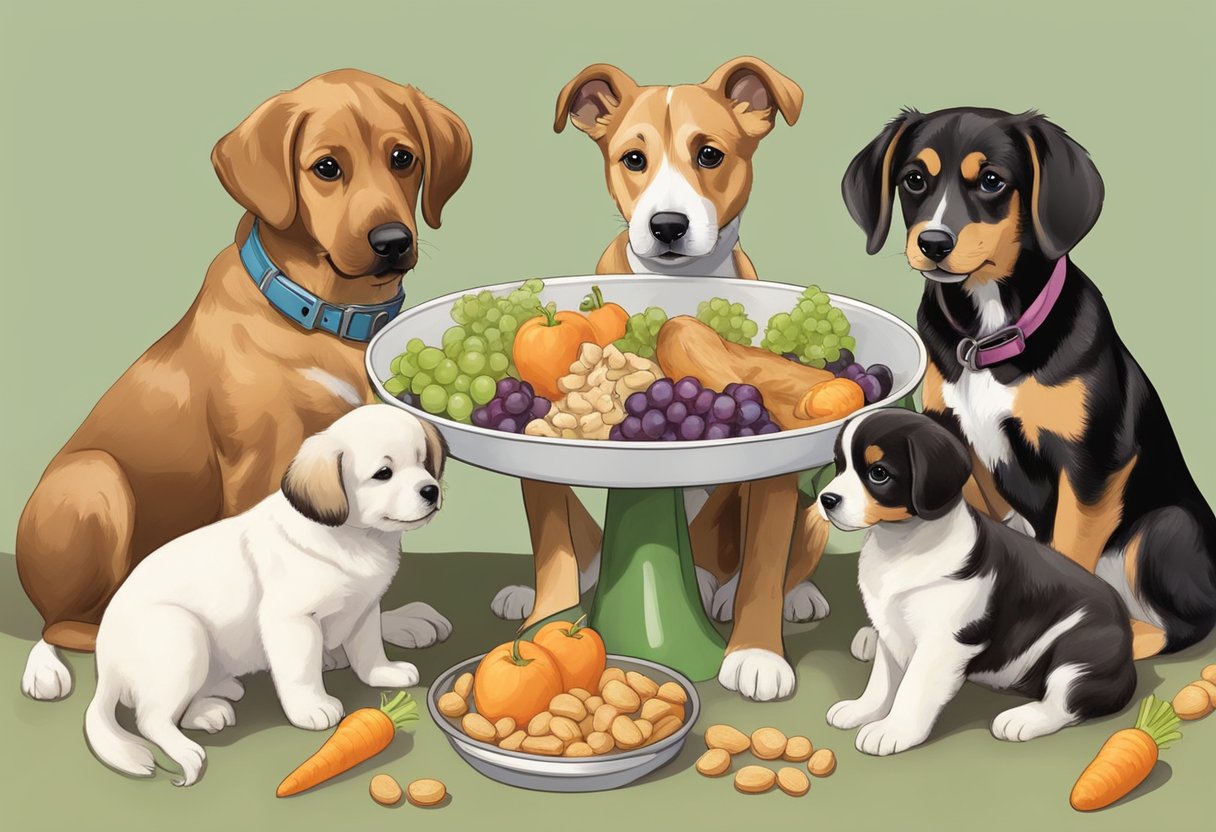
It’s important to remember that while human food can be a nice treat for puppies, it should never replace a balanced and nutritious diet of high-quality dog food.
When feeding puppies human food, it’s important to do so in moderation and to avoid foods that are toxic or harmful to their health.
Here are some human foods that are generally safe for puppies to eat:
Lean Meats
Lean meats such as chicken, turkey, and beef can be a great source of protein for puppies. However, it’s important to avoid feeding them any meat that still has bones or skin attached, as these can be a choking hazard or cause digestive issues.
Fresh Vegetables
Fresh vegetables such as carrots, green beans, and sweet potatoes are packed with vitamins and minerals that can benefit a puppy’s health. These should be cooked or steamed before being fed to puppies to make them easier to digest.
Fresh Fruits
Fresh fruits such as apples, bananas, and blueberries can be a healthy and tasty treat for puppies. However, it’s important to remove any seeds or pits that could be harmful and to feed them in moderation to avoid digestive issues.
Dairy Products
Dairy products such as plain yogurt and cottage cheese can be a great source of protein and calcium for puppies. However, it’s important to avoid feeding them any dairy products that contain added sugar or artificial sweeteners, as these can be harmful to their health.
Grains
Grains such as cooked rice and oatmeal can be a good source of carbohydrates for puppies. However, it’s important to avoid feeding them any grains that contain added sugar or salt, as these can be harmful to their health.
Remember, when feeding puppies human food, it’s important to do so in moderation and to avoid foods that are toxic or harmful to their health. Always consult with a veterinarian before making any changes to a puppy’s diet.
Common Misconceptions About Feeding Dogs Human Food
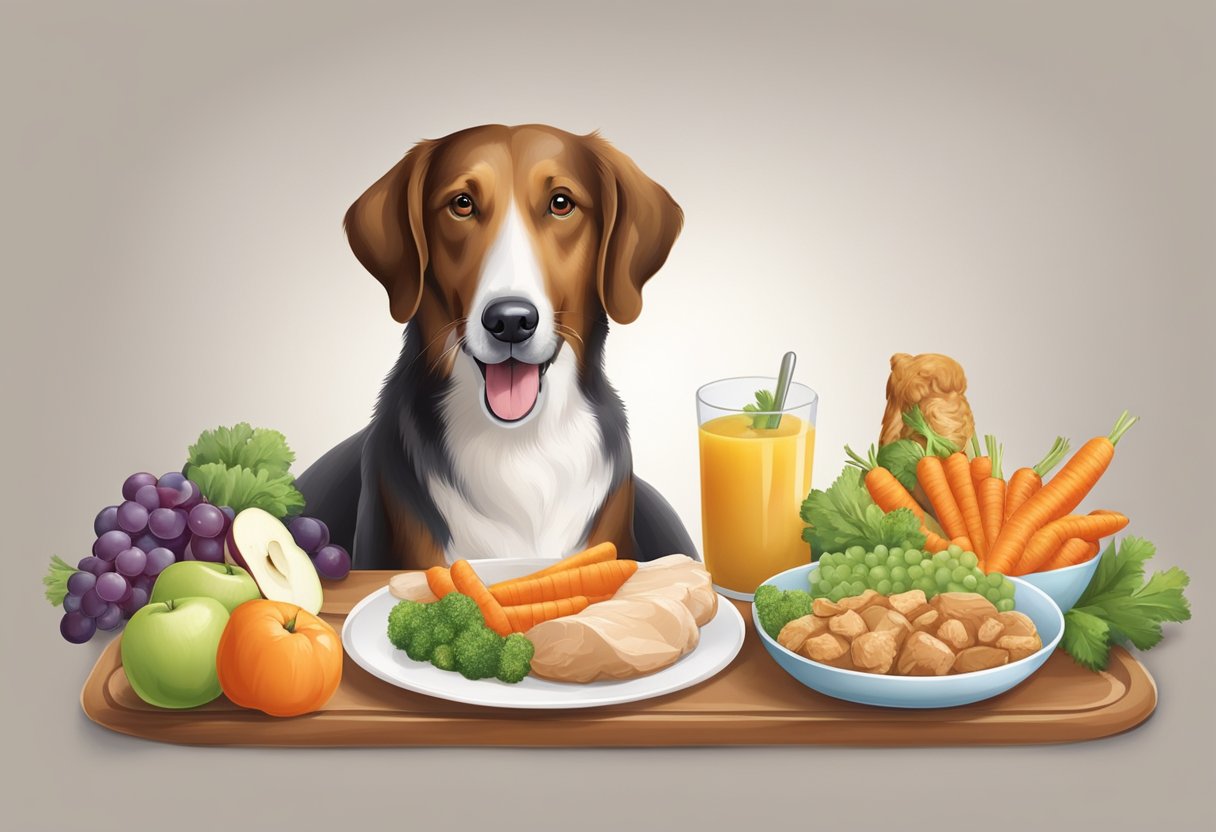
There are many misconceptions about feeding dogs human food. Some people believe that dogs should only eat dog food, while others think that dogs can eat anything humans can eat. In reality, the truth lies somewhere in between.
Here are some common misconceptions about feeding dogs human food:
Misconception 1: All Human Foods Are Safe for Dogs to Eat
This is not true. Some human foods are toxic to dogs and can cause serious health problems. For example, chocolate, grapes, raisins, onions, garlic, and avocados are all toxic to dogs and should be avoided. Other foods, such as fatty meats and dairy products, can cause digestive problems and obesity in dogs.
Misconception 2: Dogs Can Eat as Much Human Food as They Want
This is also not true. Dogs should only be fed human food in moderation. Too much human food can cause digestive problems, obesity, and other health issues. Additionally, some human foods can be high in calories and can lead to weight gain if fed in excess.
Misconception 3: Human Food Is Better for Dogs Than Dog Food
This is a common misconception among some dog owners. While some human foods can be healthy for dogs, a complete and balanced dog food is still the best choice for a dog’s diet. Dog food is formulated to meet a dog’s nutritional needs and is designed to be easily digestible.
Additionally, dog food is often fortified with vitamins and minerals that are essential for a dog’s health.
In conclusion, while some human foods can be healthy for dogs, it is important to feed them in moderation and to avoid foods that are toxic to dogs. A complete and balanced dog food is still the best choice for a dog’s diet.
Conclusion
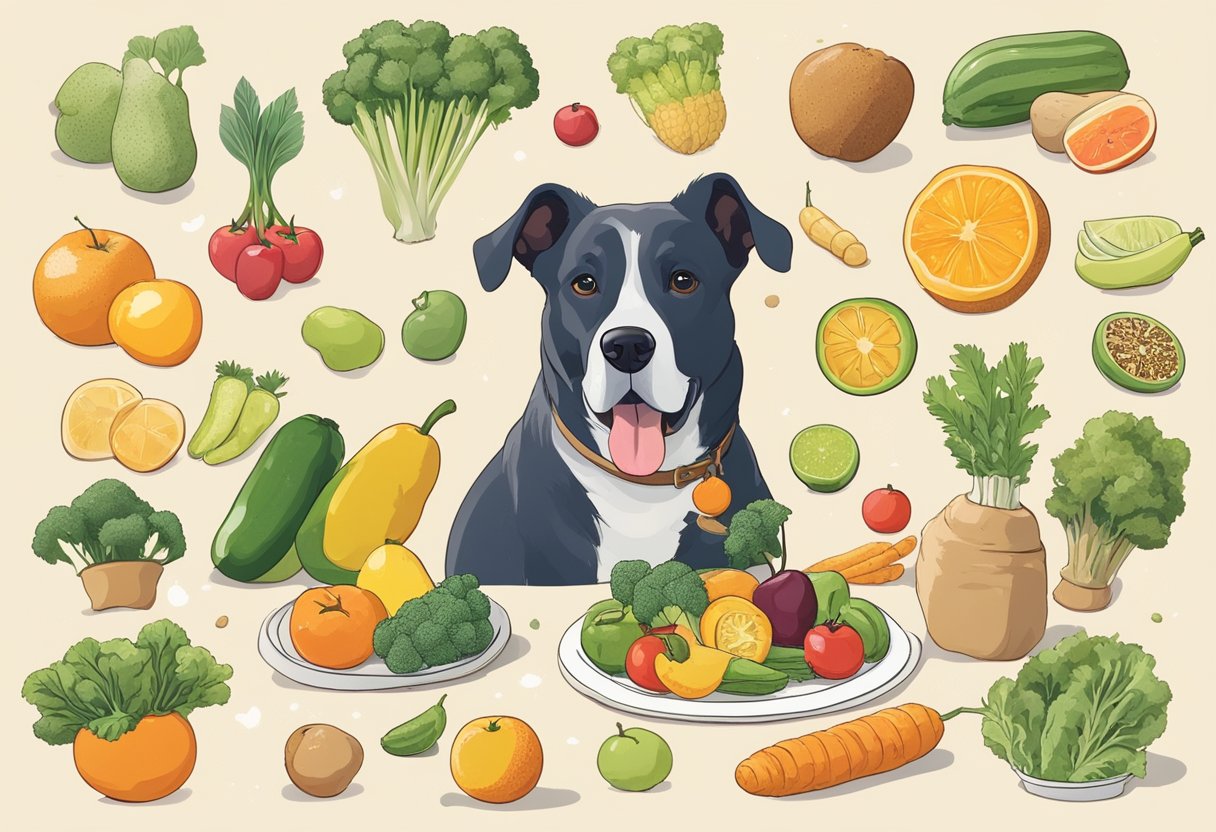
In conclusion, while it is possible to share some human foods with your furry friend, it is important to be selective and cautious. Dogs have different nutritional needs than humans, and some human foods can be harmful to their health.
It is recommended to consult with a veterinarian before introducing new foods to your dog’s diet. Additionally, it is important to keep portions small and avoid feeding your dog foods that are high in fat, sugar, or salt.
Some safe options for dogs include lean meats such as chicken and turkey, cooked eggs, and certain fruits and vegetables like blueberries and carrots. However, it is important to avoid feeding your dog foods like chocolate, garlic, and onions, which can be toxic to dogs.
Overall, providing your dog with a balanced and nutritious diet that is specifically designed for their needs is the best way to ensure their health and well-being. By being mindful of what foods are safe for dogs and avoiding those that are not, you can help your furry friend live a long and healthy life.
Frequently Asked Questions
What are some human foods that are safe for dogs to eat?
Dogs can safely eat certain human foods. Some of the most common human foods that are safe for dogs include cooked chicken, turkey, beef, and fish. Dogs can also eat some fruits and vegetables like apples, bananas, blueberries, carrots, and green beans.
However, it is important to remove any seeds, pits, and cores from fruits before feeding them to your dog.
What are some fruits that dogs can safely eat?
Dogs can safely eat some fruits like apples, bananas, blueberries, and strawberries. These fruits are a good source of vitamins, minerals, and fiber. However, it is important to remove any seeds, pits, and cores from fruits before feeding them to your dog.
What are some human foods that dogs should avoid?
There are some human foods that dogs should avoid. These include chocolate, caffeine, alcohol, grapes, raisins, onions, garlic, avocado, and anything sweetened with xylitol. These foods can be toxic to dogs and can cause serious health problems.
What are some alternatives to dog food that I can feed my dog?
If you want to feed your dog something other than dog food, you can give him some cooked chicken, turkey, beef, or fish. You can also give your dog some fruits and vegetables like apples, bananas, blueberries, carrots, and green beans. However, it is important to remove any seeds, pits, and cores from fruits before feeding them to your dog.
Can dogs eat scrambled eggs?
Yes, dogs can eat scrambled eggs. Eggs are a good source of protein and can be a healthy addition to your dog’s diet. However, it is important to cook the eggs thoroughly and avoid adding any seasoning or spices to them.
What human foods are toxic to dogs?
Some human foods can be toxic to dogs. These include chocolate, caffeine, alcohol, grapes, raisins, onions, garlic, avocado, and anything sweetened with xylitol. If your dog ingests any of these foods, it is important to contact your veterinarian immediately.




